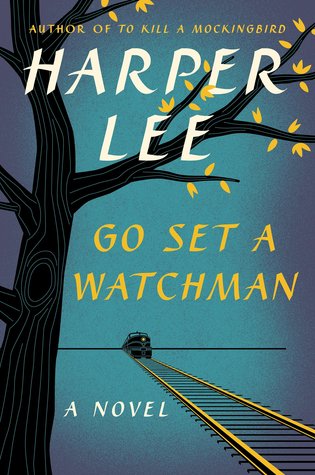I'm on family-reunion break this week, so I thought it might be fun to delve into the archives and pick some old posts to share again. This one was originally published on August 5th 2014, and is a little heavy on the science, but super interesting. At least to me.
I stumbled across this article last week, called "Why Readers, Scientifically, are the Best People to Fall In Love With."
Now, in my little corner of the world, this is common sense type knowledge. Of course readers are the best people to fall in love with, because, generally speaking, readers are the best type of people all around. I remember my husband, back when we were "just friends" before we were "officially dating," suggested over a Christmas break that I recommend my favorite book for him to read during the two weeks we would spend apart, and he'd recommend his favorite book for me to read. Guys, if I hadn't been smitten already, that suggestion right there was a deal sealer. I recommended Tess of the d'Urbervilles, which at the time really was my favorite, and he recommended a book I had never heard of before, The Solitaire Mystery. He confessed he was a little bit ashamed when he realized my favorite book was a renowned literary classic and his was a little-known YA novel, but that was a fact I didn't care about all (because I always love me a good YA book, and The Solitaire Mystery was absolutely delightful, and philosophical and deep in it's own way). The most impressive thing to me was that he actually read Tess, and liked it. We even had a little mini book-club-type discussion about the books when we got back after the break, and the whole time I was sort of like, "This guy was not only willing to read a classic, but he can talk to me about it intelligently!" After that, I think marriage was kind of inevitable.
But anyway, what intrigued me about the article above was the "scientific" part of it. The two studies linked to in the article aren't actually about whether readers make better romantic partners, but they did analyze the social skills (or more specifically, the empathy levels) of people who read fiction. And the results are very interesting. Apparently these studies prove that people who read fiction, and are able to immerse themselves in the comprehension of other characters and worlds, are better able than non-fiction readers to transfer those comprehension skills to real-life relationships. In other words, readers who are good at relating to the emotions of fictional characters are also good at relating to the emotions of real people.
The theoretical concept behind all of this is called "Theory of Mind," and here's where I'm going to get a bit technical, but I find this stuff interesting, so please excuse my enthusiasm. I first learned about "Theory of Mind" when reading On the Origin of Stories for my History of Narrative class this past semester. Now, I'm not actually a psychologist or whatever, but basically "Theory of Mind" is the special ability most humans develop around the age of four or five to understand that other people have a different frame of knowledge and belief than their own self. The experiment they do to see if a child has developed "Theory of Mind" goes like this: a young child watches through a window as Subject 1 hides a ball inside a box, then leaves the room. Then Subject 2 comes into the room, moves the ball from the box to another hiding spot, and leaves the room. Then Subject 1 comes back in, and they ask the child where Subject 1 believes the ball to be. Younger children, who watched Subject 2 hide the ball in a new place, will generally answer with the current location of the ball. However, sometime around the age of five, many kids will begin to understand that Subject 1 doesn't know the ball has been moved, and therefore still believes the ball to be in the box. This, in it's most simple terms, is "Theory of Mind." Basically, it's the ability to understand what other people are thinking, feeling, or experiencing.
This is quite an advanced evolutionary skill that is very advantageous for animals who live in cooperative societies, and considering humans are the only known species to have acquired "Theory of Mind," it's a big part of explaining our domination over the rest of the animal kingdom. But, what's really interesting, is that apparently fictional stories help humans develop "Theory of Mind." As in, we are biologically programmed to tell (or, in the modern world, read) and enjoy fictional stories because they help us develop a crucial skill that gives our species an evolutionary advantage over the rest of the animal kingdom.
And that skill is relationships. Understanding other people. Empathy.
Pretty cool, huh?
So the next time someone derides your introverted tendency to stay home getting lost in a good book, you can rest assured that you are actually staying home to hone your social skills.
(Unfortunately, this is not true if you are staying home to read that technical non-fiction textbook. These same studies prove that non-fiction readers actually do have worse social skills. Now, I thoroughly support non-fiction reading, but I love how these studies prove that fictional stories have a legitimate, worthwhile purpose, and my decision to be an English major is actually making me a better friend and spouse and person.)










